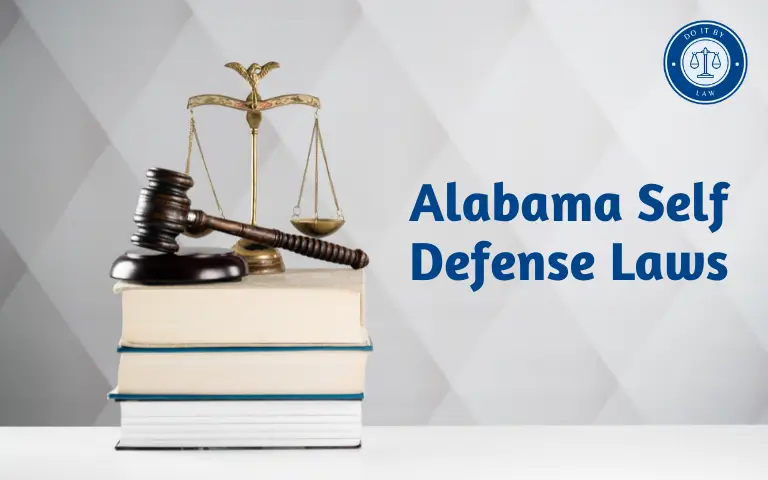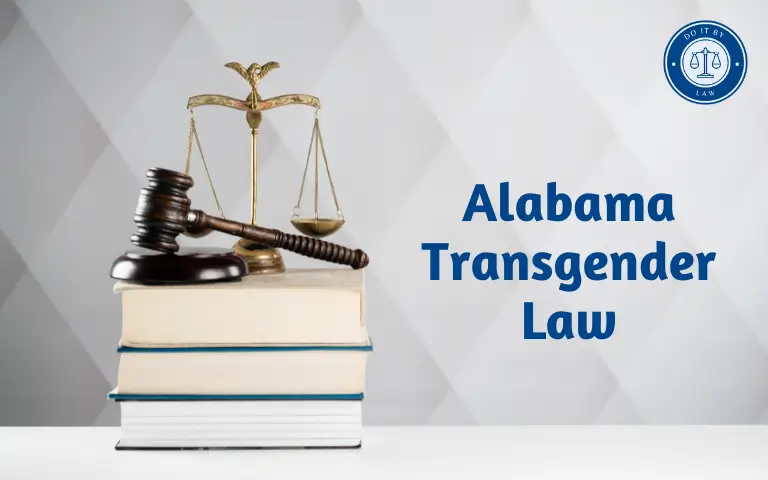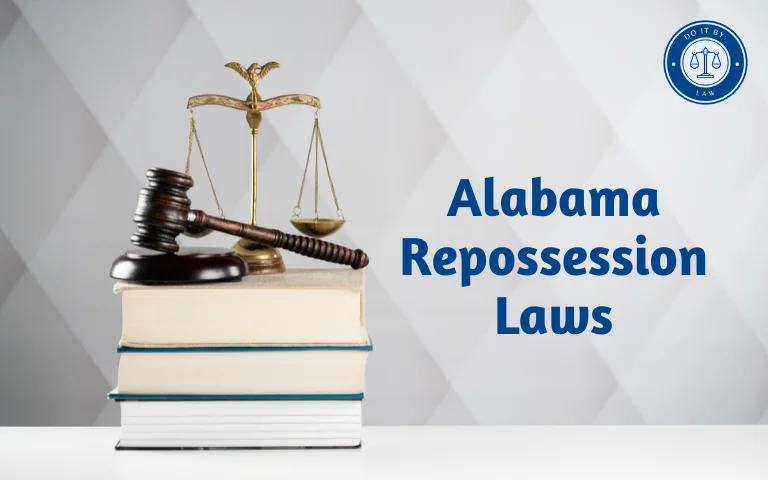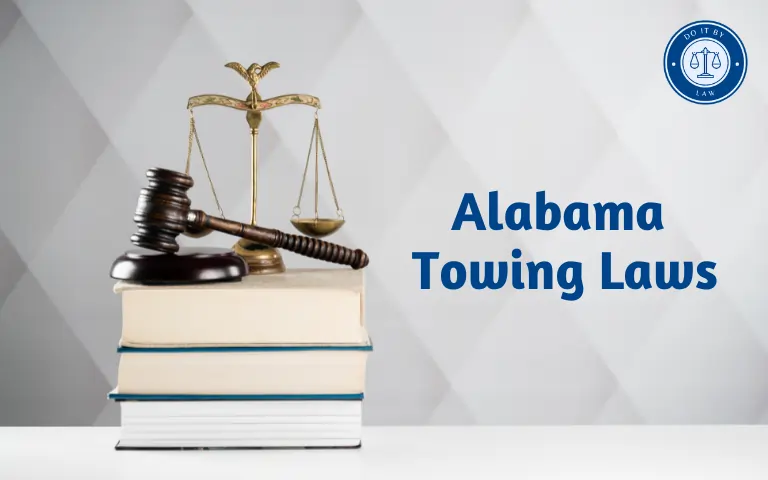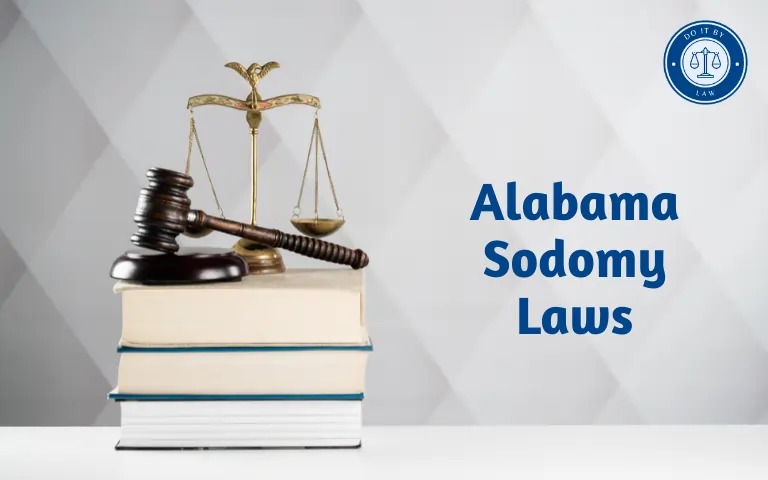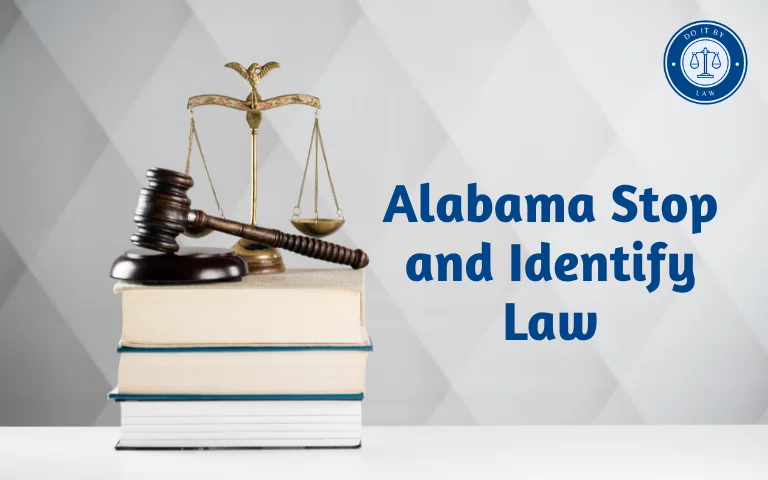Alabama Self Defense Laws: What You Need to Know (2023)
Alabama self defense laws allow individuals to use reasonable force to protect themselves or others from harm and criminal acts. Understanding the scope and limits of legal self defense is critical for all Alabama residents. This comprehensive guide covers key statutes, principles, and cases governing self defense claims in Alabama.
When Were Alabama Current Self Defense Laws Enacted?
Alabama primary self defense laws derive from the original English common law concepts of justifiable self defense which were incorporated into the state’s statutes in the 19th century. Key provisions include:
- The legal right to use reasonable force against unlawful attack was codified in 1860.
- Duty to retreat rules were adopted in 1897.
- Castle doctrine removing the duty to retreat in dwellings was added in 2006.
These laws seek to balance personal security and the right to defend oneself while deterring retaliation and vigilantism when safe alternatives exist. The statutes have evolved but maintain this purpose.
Who Do Alabama Self Defense Laws Apply To?
Alabama self defense statutes protect:
- Residents who justifiably use force against criminal acts or harm on their property.
- Persons defending themselves or others from imminent attack in public places.
- Individuals acting in defense of family members, friends, or strangers from assault.
- Persons lawfully present in any location where they face unlawful physical force.
Self defense rights apply universally to all lawful citizens, not just property owners. But requirements vary by location.
Key Elements and Limits of Alabama Self Defense Laws
Alabama imposes several requirements and principles governing the justified use of force in self defense or defense of others per Section 13A-3-23:
- Reasonable force may be used to the degree necessary to prevent or terminate an unlawful attack.
- The initial aggressor faces a greater self defense burden.
- Duty to retreat before using force when safe – except inside dwelling.
- No duty to retreat from the intruder inside an occupied vehicle.
- A reasonable perception of imminent harm is required.
- Force cannot be used solely to retrieve property.
- Self defense claims are defeated if the force used is grossly disproportionate.
- No deadly force solely to repel property damage.
- No stand your ground – cannot claim self defense after escalating confrontation.
These principles establish that while Alabama provides legal self defense rights, they come with stringent limits to prevent unnecessary violence.
Use of Deadly Force in Alabama Self Defense Laws
Alabama allows deadly force in self defense only when facing the imminent threat of death, serious physical injury, robbery, rape, kidnapping, or other enumerated violent felonies per Section 13A-3-23(a).
Key factors in determining justified deadly force include:
- Reasonable fear of imminent grave harm or felony based on actions of the assailant.
- No viable or safe path of retreat is available before resorting to lethal force.
- No provocation or escalation on the defender’s part.
- The degree of force does not greatly outweigh the level of threat.
Self defense killings remain extremely rare in Alabama, but deadly force may provide legal protection when facing immediate violent felonies.
Alabama Stand Your Ground vs. Duty to Retreat
Alabama imposes a duty to retreat before using any degree of force in self defense outside the home if possible. There is no stand-your-ground principle providing immunity for remaining in place to confront a threat.
The sole exception is inside one’s occupied dwelling or residence per the castle doctrine – no retreat is required when protecting the home.
But in all other locations, Alabama requires:
- De-escalating confrontations and leaving safely if an alternative path exists.
- Using non-lethal force only as a last resort after exhausting all other options.
- Demonstrating you could not safely get away before claiming self defense.
This duty to retreat diverges from states with stand-your-ground laws justifying force regardless of whether retreat was feasible.
Self Defense Burden of Proof in Alabama
When claiming self defense under Alabama law, the burden lies with the defendant to prove:
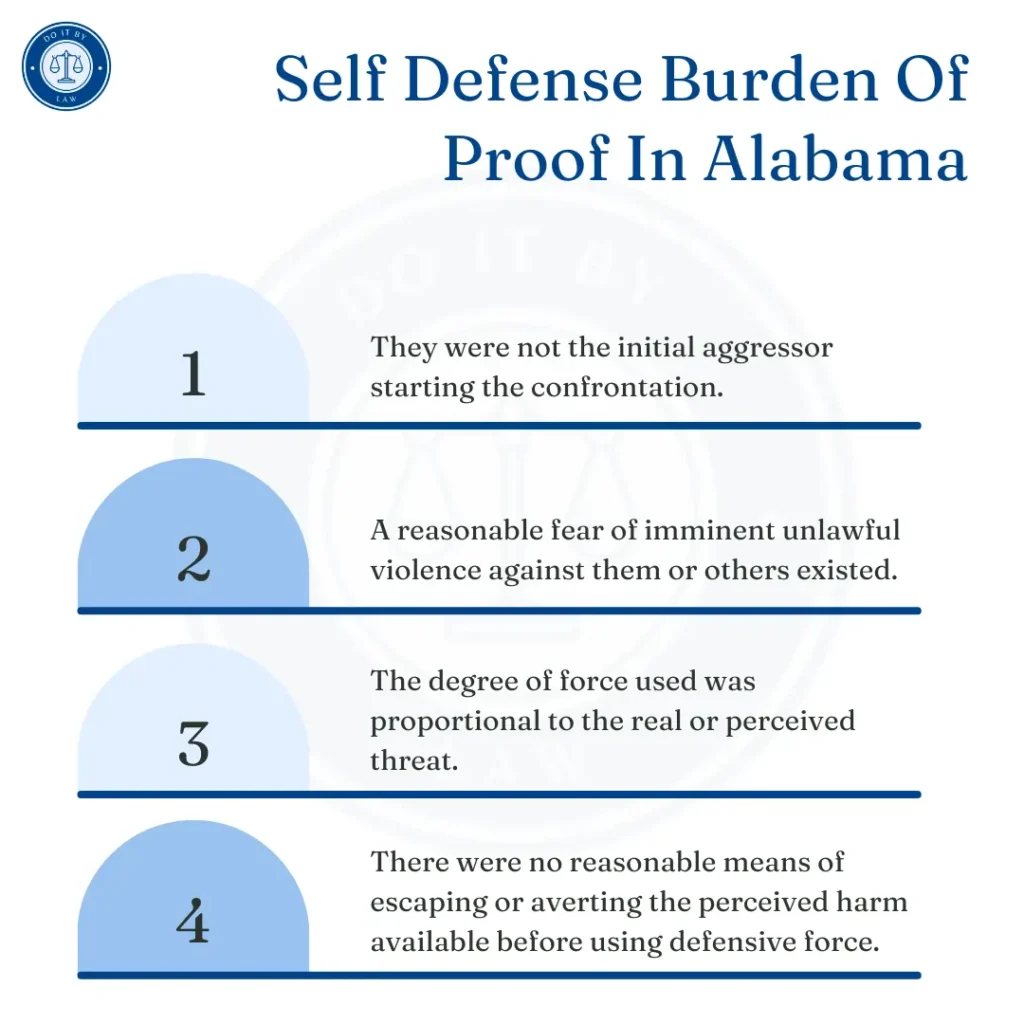
- They were not the initial aggressor starting the confrontation.
- A reasonable fear of imminent unlawful violence against them or others existed.
- The degree of force used was proportional to the real or perceived threat.
- There were no reasonable means of escaping or averting the perceived harm available before using defensive force.
If any doubts exist surrounding the reasonableness or necessity of the force used, charges may still be warranted. Claiming lawful self defense requires meeting each strict standard.
Penalties for Exceeding Self Defense Rights in Alabama
Use of excessive or unlawful force beyond what is justified for protection from imminent harm can result in criminal liability under Alabama law. Possible charges include:
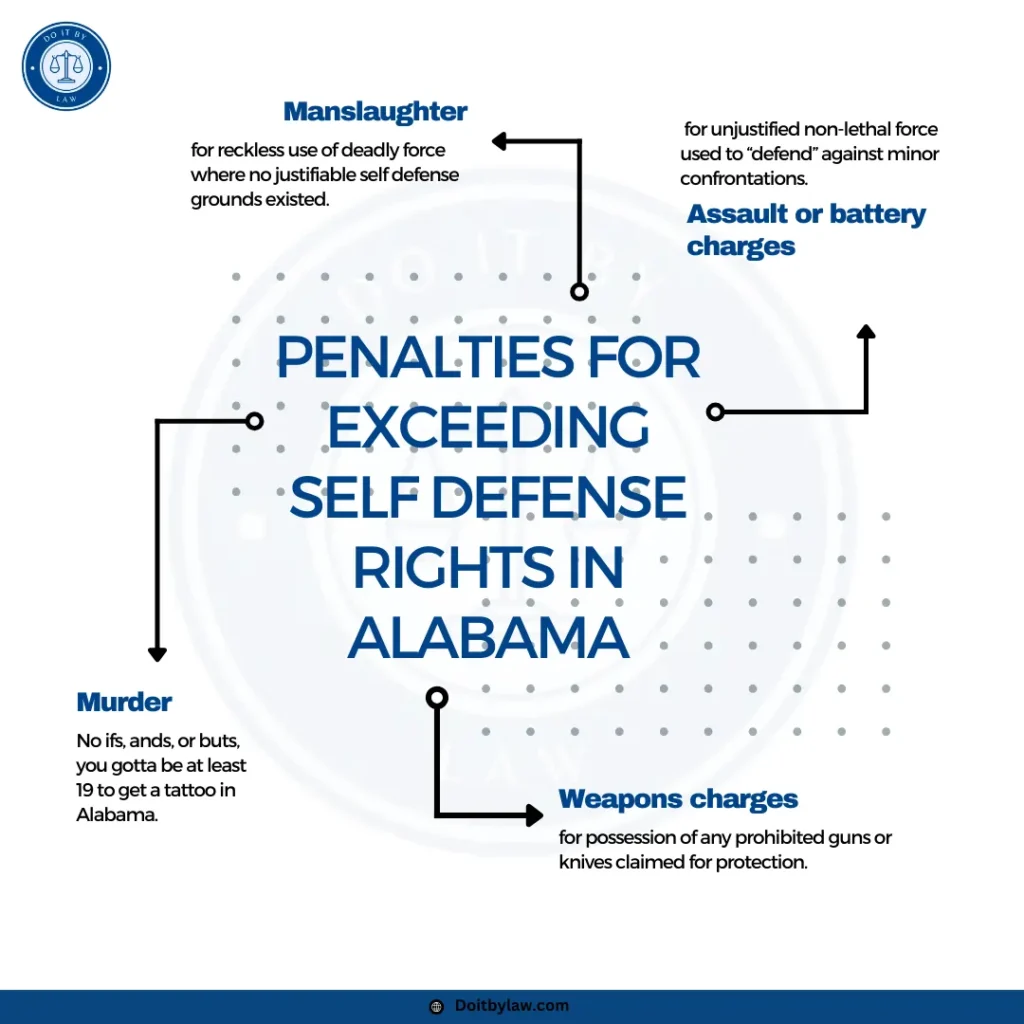
- Assault or battery charges for unjustified non-lethal force used to “defend” against minor confrontations.
- Manslaughter for reckless use of deadly force where no justifiable self defense grounds existed.
- Murder for intentional lethal force used unlawfully and without adequate provocation.
- Weapons charges for possession of any prohibited guns or knives claimed for protection.
These penalties demonstrate why understanding lawful self defense is so vital – a mistake of law offers limited defense if you exceed reasonable force.
Recent Changes to Alabama Self Defense Laws
The main recent developments in Alabama self defense law include:
- 2006 “Castle Doctrine” law eliminating the duty to retreat before using defensive force against intruders inside your dwelling.
- Clarifications on the use of force against trespassing on premises other than dwellings (mixed rulings).
- Expanded protections for self defense using lawful firearms with right to carry permits.
- Judicial rulings uphold the duty to retreat in public areas.
Overall, while Alabama has expanded self defense rights, its core retreat-based principles remain intact – in stark contrast to stand-your-ground states.
Controversies Surrounding Alabama Self Defense Laws
Alabama self defense laws raise some ongoing controversies, including:

- Imposing a duty to retreat rather than stand your ground is debated by rights advocates.
- Uncertainty on when deadly force is justified against property crimes.
- Murky application of self defense immunity for force used by security guards, store owners, etc.
- Police frequently reject self defense claims in shooting cases.
- Racial bias results in black citizens facing charges more often for the same defensive actions.
Reforms to address these concerns stall in the Alabama legislature, leaving the statutes unchanged.
Conclusion
Alabama maintains a relatively strict approach to lawful self defense compared to other states, with limitations like the duty to retreat and proportional force requirements. Reasonable force is only justified as a final option when facing imminent violent felonies.
Citizens should avoid misconceptions and understand the precise contours of when force is allowed versus excess brutality likely to result in criminal charges. Claiming self defense requires meeting the highest legal standards.

